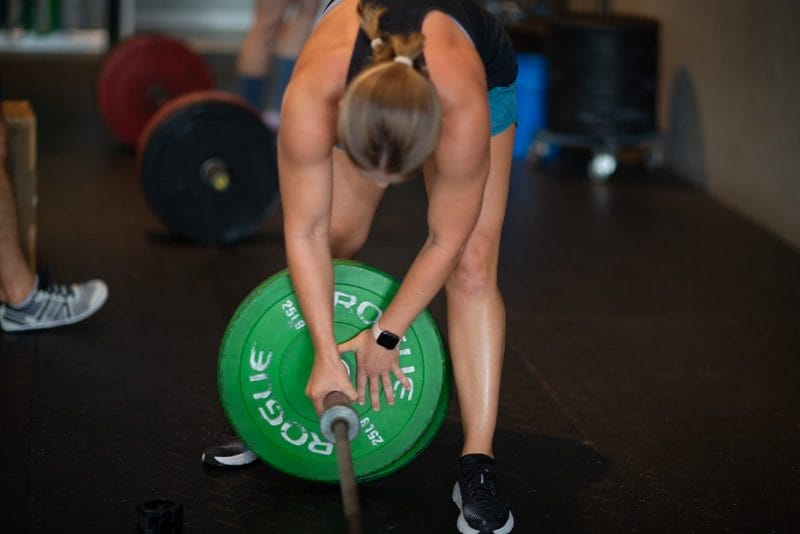Fat Loss and Muscle Gain Part 2
Let’s delve deeper into the realistic expectations associated with losing fat and gaining muscle. It is important to understand the various factors that can influence these expectations.
First and foremost, it is crucial to recognize that fat loss is not a linear process. Similar to daily weight fluctuations, fat loss can vary from day to day. It is imperative to focus on the overall trend in weight loss over a longer period of time, rather than getting caught up in minor day-to-day changes.
Furthermore, it is essential to bear in mind that significant fat loss tends to occur initially, especially for individuals who are just starting their fitness journey or have a higher amount of body fat to lose. However, as progress is made, the rate of fat loss will naturally slow down, which is completely normal and expected.
Similarly, the trajectory of muscle gain follows a similar pattern. Research suggests that men have the potential to gain approximately 40 to 50 pounds of muscle over their lifting career, while women can expect to gain about 20 to 25 pounds of muscle. It is worth noting that these rates primarily apply to individuals under the age of 30, as muscle gains tend to diminish with age. However, it is still possible to make gains even in later stages of life.
Now, let’s explore what factors can facilitate or hinder fat loss:
- Dietary factors: such as calorie intake, macronutrient composition, meal timing, and overall dietary quality. Consuming a balanced and nutritious diet is crucial for maximizing fat loss.
- Exercise routine: the type, intensity, and frequency of workouts play a significant role in fat loss. Incorporating a combination of cardio exercises, such as running, cycling, or swimming, along with resistance training can help promote fat burning and improve body composition.
- Sleep quality: adequate sleep promotes optimal fat loss. Poor sleep patterns can negatively impact hormonal balance and metabolism, making it harder to lose fat.
- Stress levels: high stress can impede fat loss progress. Chronic stress triggers the release of cortisol, a hormone that can promote fat storage and inhibit fat burning.
- Hormonal balance: hormonal imbalances, such as issues with thyroid function or insulin resistance, can affect weight loss. It is important to address any underlying hormonal issues with the help of a healthcare professional.
On the other hand, factors that influence muscle gain include:
- Proper nutrition: consuming sufficient protein, overall calorie intake, and nutrient timing are important for supporting muscle growth. Protein, in particular, plays a crucial role in repairing and building new muscle tissues.
- Resistance training: lifting weights or engaging in strength-training exercises is essential for stimulating muscle growth. Performing compound exercises, such as squats, deadlifts, bench presses, and rows, can target multiple muscle groups and promote overall muscle development.
- Progressive overload: gradually increasing the intensity and load in workouts is key to continuous muscle growth. This can be achieved by adding weight, increasing reps, or adjusting rest periods.
- Rest and recovery: allowing enough time for muscle repair and growth is critical. Muscles need time to rest and rebuild, so incorporating rest days into your workout schedule is important for maximizing muscle gains.
- Genetics: individual genetic factors influence muscle-building potential. Some individuals may naturally have a greater propensity for muscle growth, while others may find it more challenging. However, everyone can make progress with the right training and nutrition.
It is important to note that these lists are not exhaustive, but they provide a good starting point to understand how various factors can impact an individual’s progress. Additionally, it is crucial to consider other life circumstances that may affect progress, such as changes in profession, holidays, vacations, or family health issues.
If you are ready to make a positive change in your life, whether it be losing fat, gaining muscle, or simply improving your overall health, we have the necessary tools and resources to support you in achieving your goals. Book a free no sweat intro here and allow us to guide you towards a healthier and more fulfilling lifestyle!


